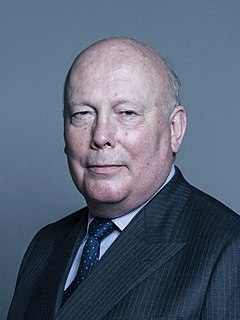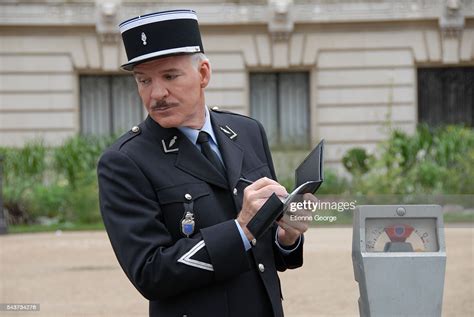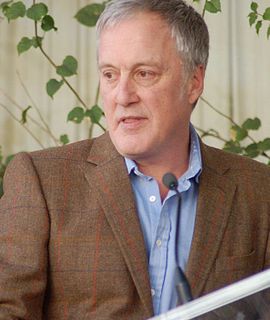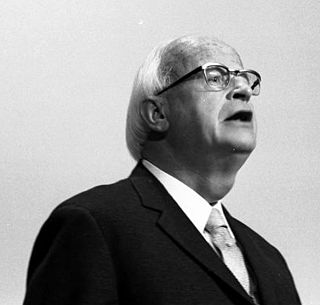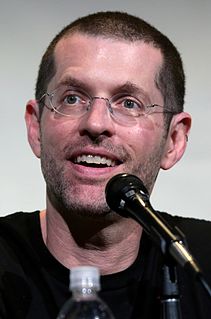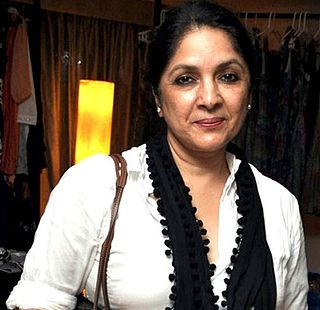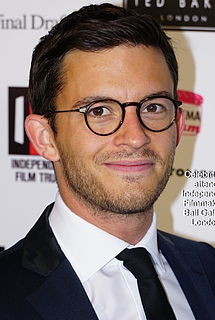A Quote by Julian Fellowes
What you have to understand about period drama is that it's 'history light.'
Related Quotes
History in Burckhardt's words is 'the record of what one age finds worthy of note in another.' The past is intelligible to us only in light of the present; and we can fully understand the present only in light of the past. To enable man to understand the society of the past and to increase his mastery over the society of the present is the dual function of history.
'Confederate,' in all of our minds, will be an alternative-history show. It's a science-fiction show. One of the strengths of science fiction is that it can show us how this history is still with us in a way no strictly realistic drama ever could, whether it were a historical drama or a contemporary drama.
I often tell people who want to write historical fiction: don't read all that much about the period you're writing about; read things from the period that you're writing about. There's a tendency to stoke up on a lot of biography and a lot of history, and not to actually get back to the original sources.
